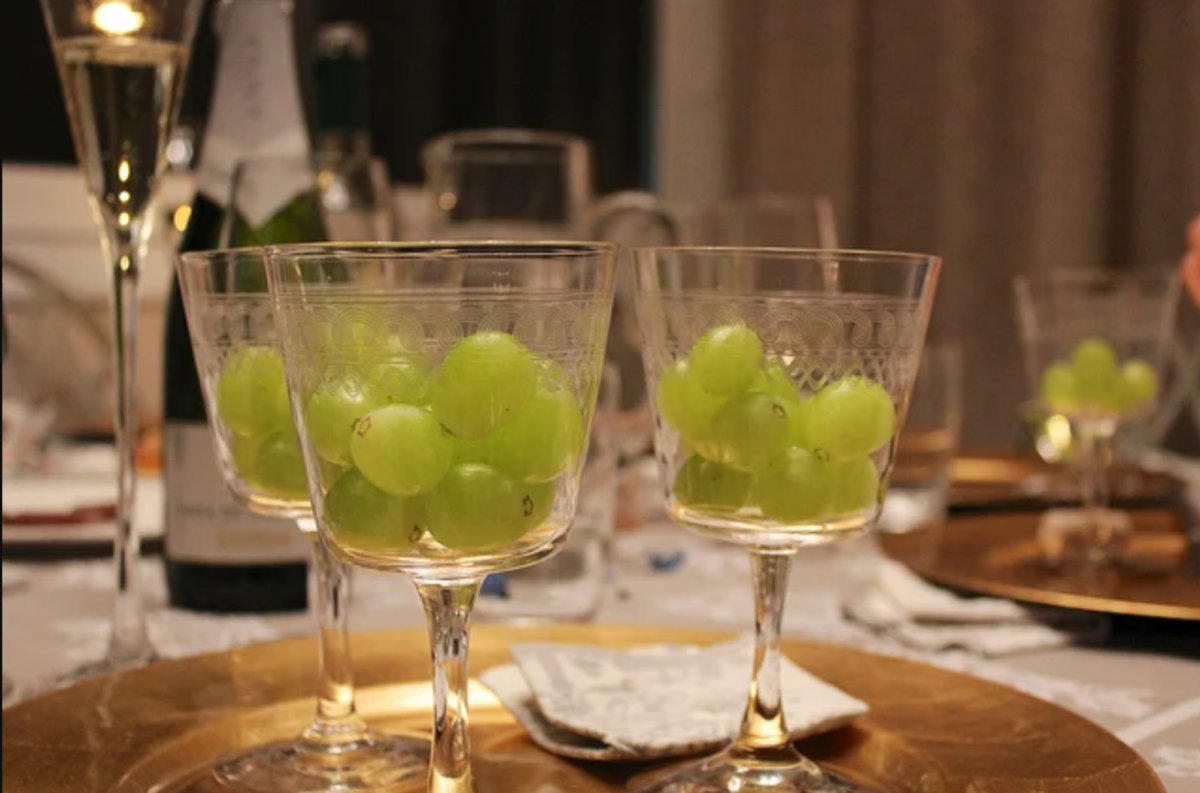Christmas in Spain, known as Navidad, spans approximately two weeks from December 24 to January 6, creating a lively and festive atmosphere for all Spaniards. The holiday season is a time for families and friends to come together, with some embracing a tranquil celebration while others fully immerse themselves in the joyous festivities. More details and information on happylife.es web.
Reflecting a blend of pagan and Christian customs, Spain, a predominantly Catholic country, commemorates the birth of Jesus on December 25. Subsequently, Nochevieja, or New Year's Eve, on December 31, serves as a farewell to the current year and a warm welcome to the upcoming one. The culmination of the Christmas season occurs on January 6 with el Día de los Tres Reyes Magos, the Three Kings' Day, marking its conclusion.
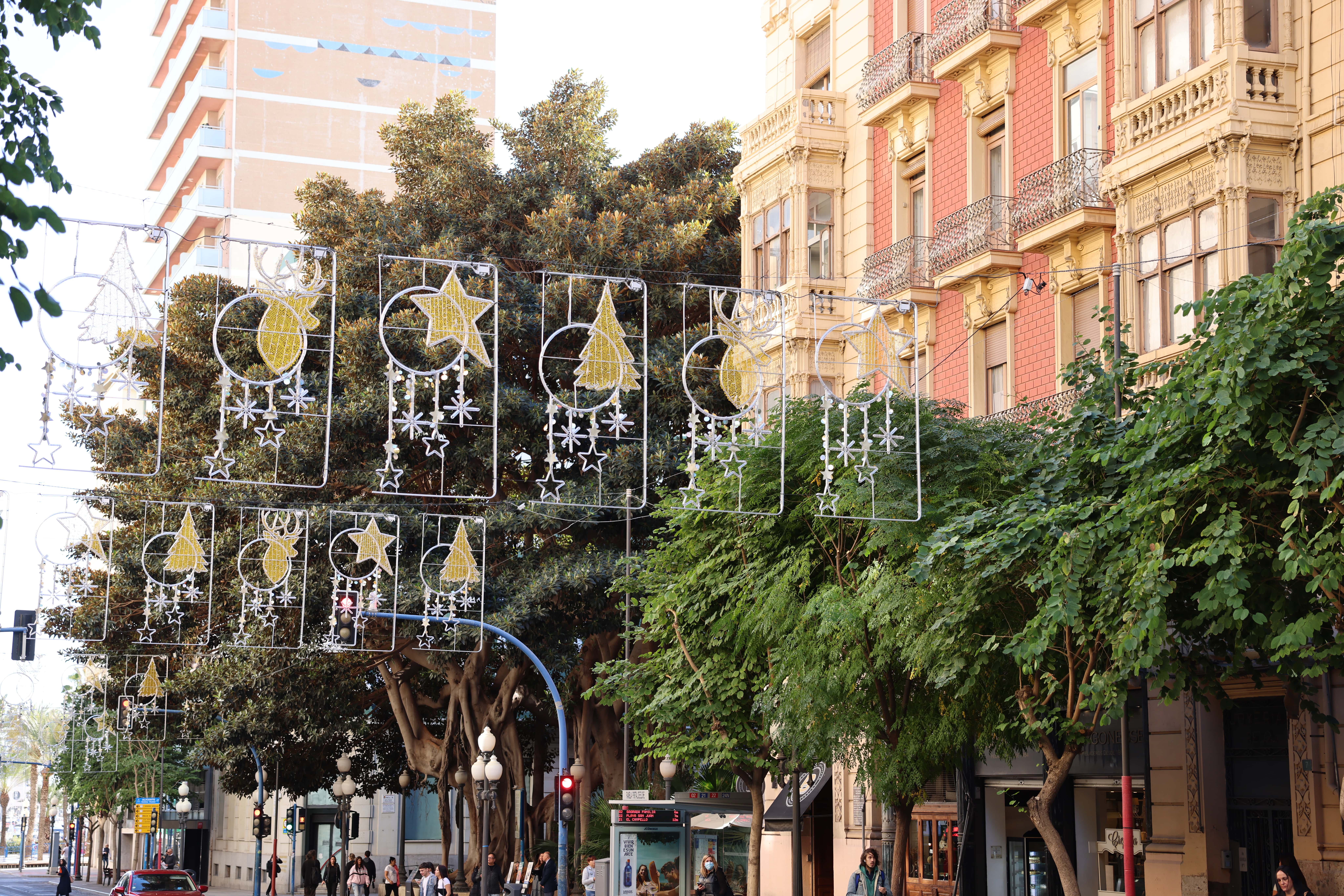
Christmas is undeniably a globally celebrated holiday that emphasizes family unity. In Spain, the extended Christmas season, lasting two weeks until January 6, envelops the country in a charming festive atmosphere. This makes Spain an enticing destination for those seeking holiday impressions, urging a visit between mid-December and New Year. With a plethora of traditions and events during Christmas festivities, we'll explore six of the most popular Spanish Christmas attractions.
What makes Christmas celebrations in Spain stand out are the numerous traditions, customs, and activities cherished and preserved by locals. To delve deeper into the uniqueness of Spain's holiday season, let's explore some of the astonishing, eccentric, and delightful traditions that may seem extraordinary to foreigners.
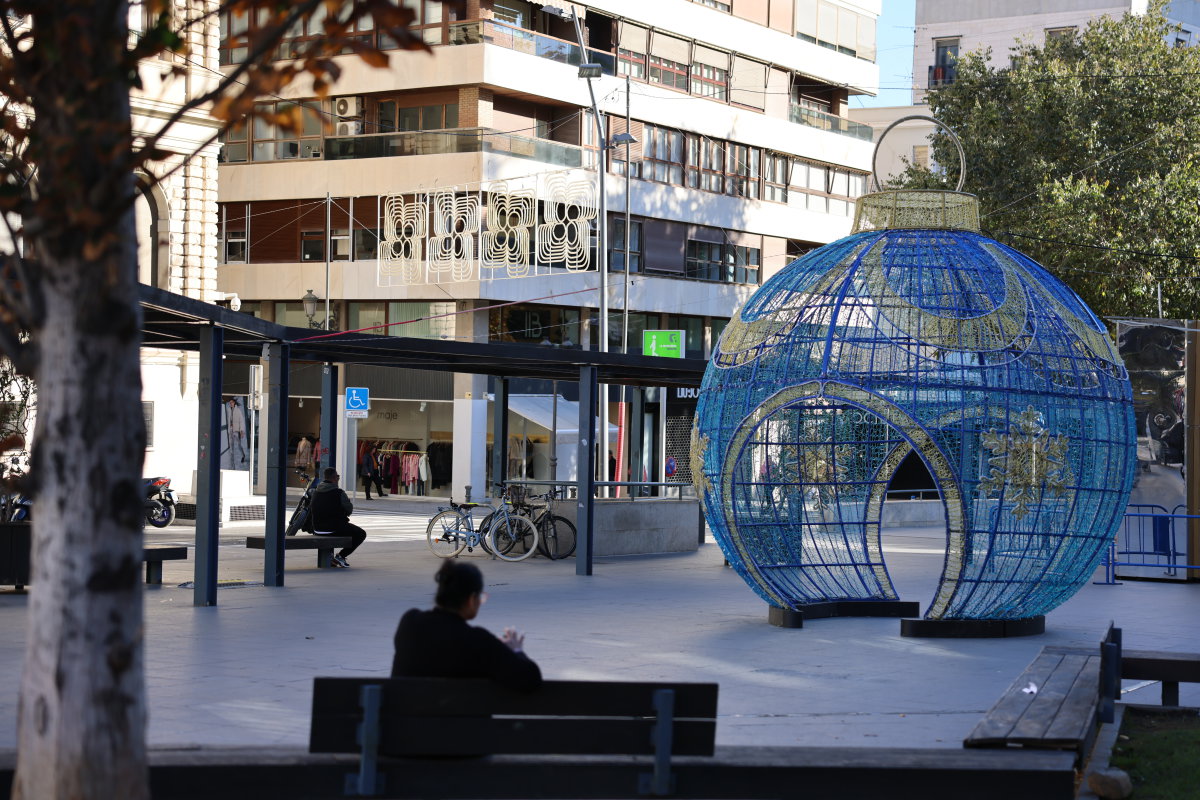
"El Gordo" Christmas Lottery
"El Gordo" marks the commencement of festive Christmas activities through the National Christmas Lottery on December 22. This widely popular lottery sees massive participation, with people eagerly following the draw on the morning of the event. The draw is a spectacle, as instead of a host, it is children who sing the winning numbers in an infallible chant. Winners share their joy in the streets, creating an exciting atmosphere.
The 12 Most Festive Grapes of the Year
A unique Spanish tradition involves eating 12 grapes, one for each clock chime, as a way to welcome the New Year. These grapes symbolize luck and a fresh perspective for the upcoming year. This tradition is widespread, easily followed from various locations, including watching Madrid's Puerta del Sol clock on television or experiencing it firsthand in Madrid. Whether in a town, village, or amidst a crowd, participating in this tradition is a perfect Spanish-style start to the New Year.
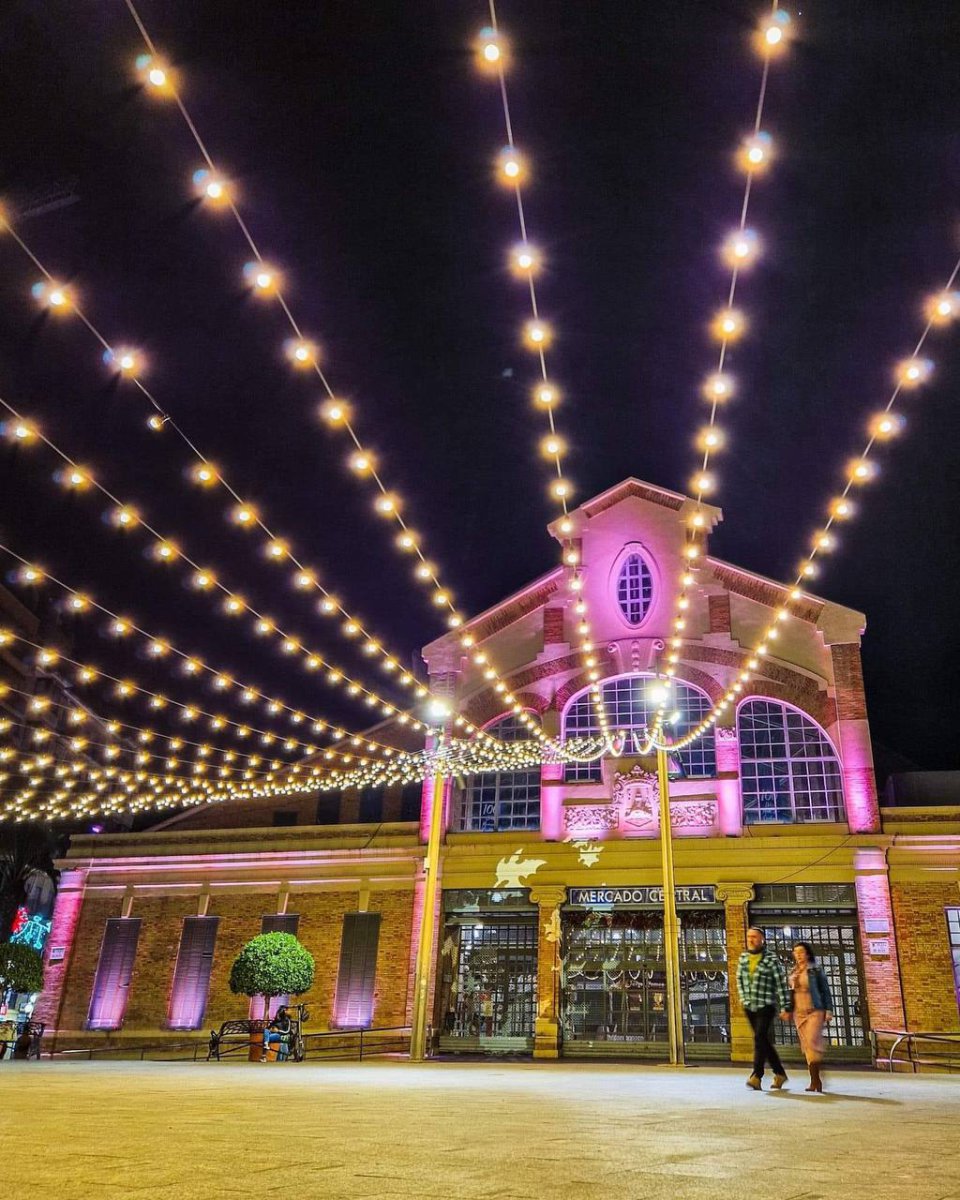
Delightful Christmas Lights
No festive season is complete without vibrant and colorful Christmas lights that captivate both children and adults. Major cities such as Madrid, Barcelona, Vigo, and Malaga illuminate with Christmas lights, attracting visitors to enjoy enchanting Christmas walks. The festive lights adorn not only major cities but also every corner of the country. Spain adorns Christmas decorations from late November, offering delightful night strolls featuring Nativity scenes, Christmas fairs, and street vendors offering traditional treats like roasted chestnuts.
Spanish Christmas Food
While Spain is renowned for its seafood offerings year-round, the Christmas season introduces festive specialties typically enjoyed on Christmas Eve, December 24. Serrano ham, fish, and various seafood delicacies grace the tables of every Spanish household. King prawns may surprise foreigners on the Christmas menu. Desserts and sweets, integral to the Christmas menu, include almond sweet turrón. The centerpiece of any Christmas menu is the Roscón de Reyes, a cake with a whipped cream filling topped with candied fruits. The cake holds a surprise with a hidden toy and bean, creating a custom where finding the figurine makes one the winner, adorned with a crown for the evening, while finding the bean means one will be responsible for the Roscón next year. Traditionally served on January 6, the Three Kings' Day, this adds a unique touch to Spanish Christmas celebrations.
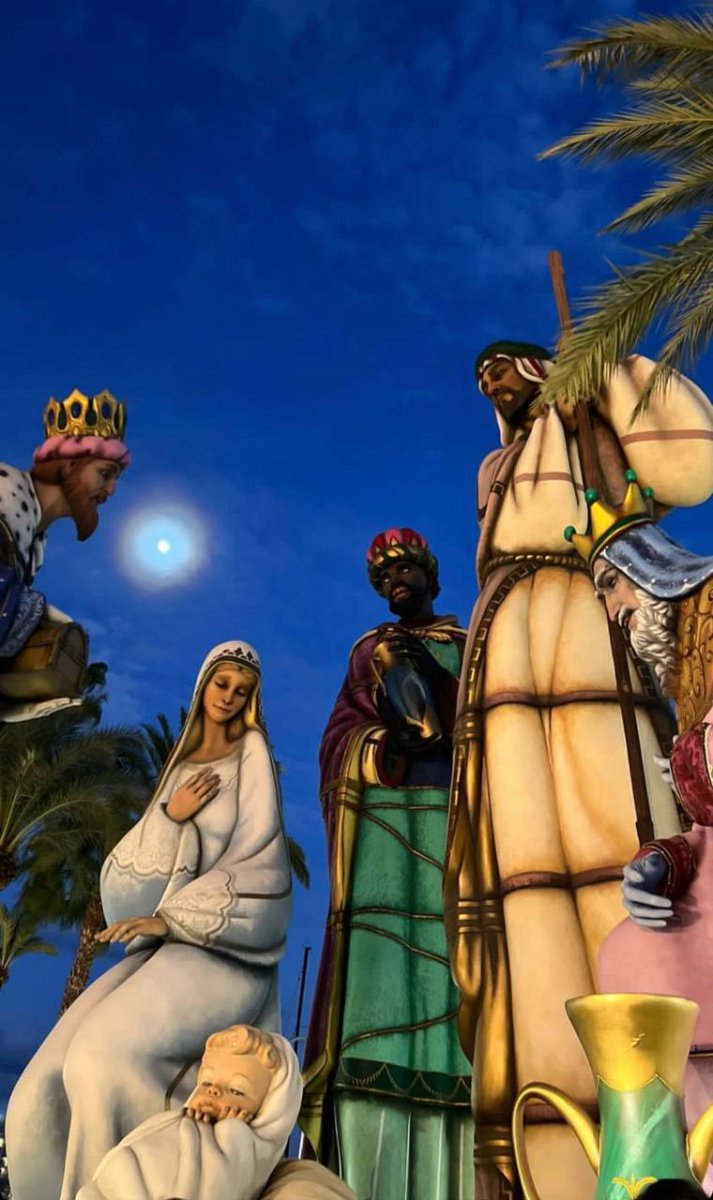
Portal de Belén
In Spain, decorations are paramount during Christmas, with municipalities, shops, malls, and homes adorned with lights. Given Spain's Catholic roots, many people celebrate the essence of Christmas by decorating spaces near their homes with Nativity Scenes. These displays range from modest depictions featuring Joseph, Mary, and baby Jesus to elaborate scenes showcasing Bethlehem, the Three Wise Men, shepherds, and even the traditional caganer.
For this year, Nativity scene figures can be seen at Alicante City Hall (Ayuntamiento de Alicante) and Plaza De la Montañeta.
Address: Plaça de l'Ajuntament, 1, 03002 Alacant, Alicante.
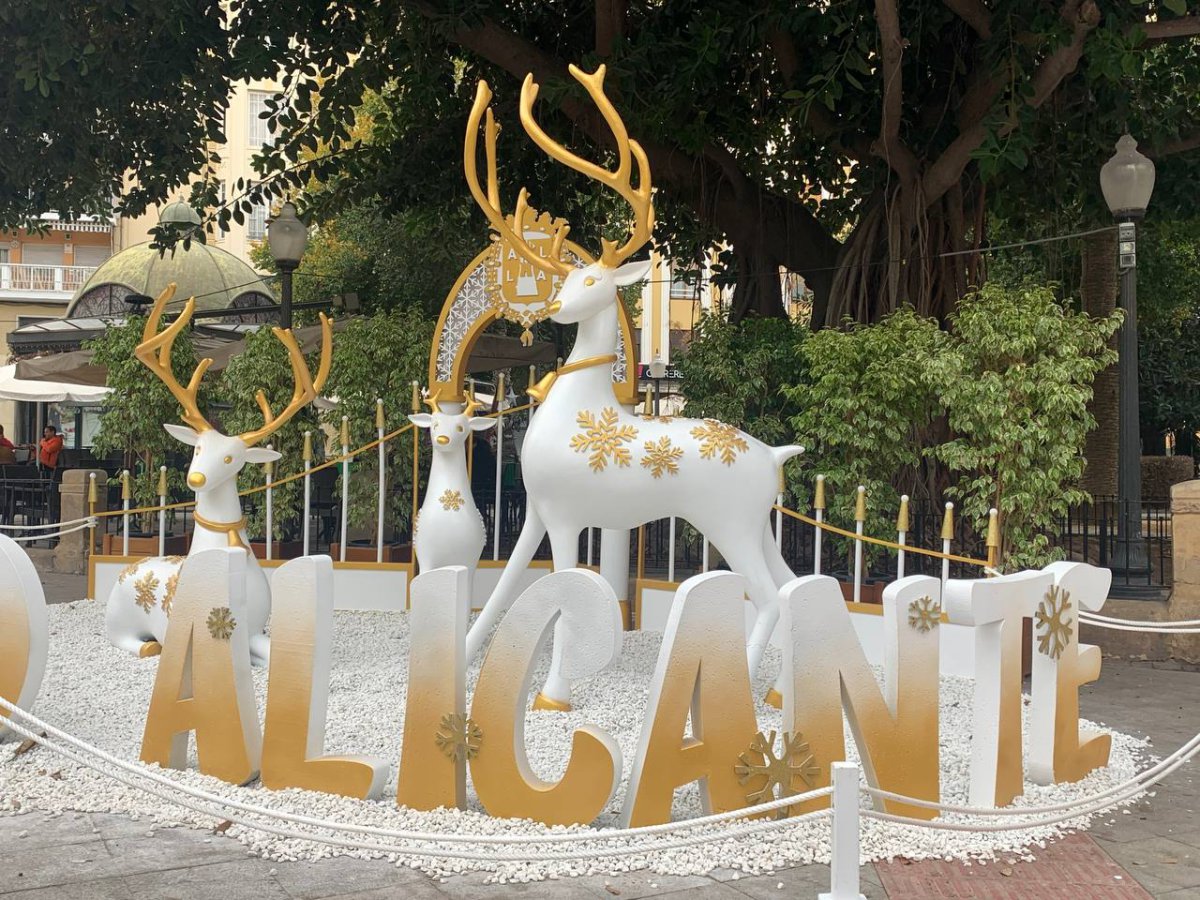
The Night Filled with Magic and Excitement
On the night of January 6, a tradition unfolds where Three Wise Men from the East distribute presents to all children. To receive desired gifts, children prepare by writing letters detailing their behavior throughout the year and requesting specific presents. Special mailboxes in shopping malls and leisure centers collect these letters, which are then delivered to the Three Wise Men by "royal servants." January 5 sees grand processions and parades that entertain both children and adults. On this night, children eagerly go to bed early, anticipating the gifts. The Three Wise Men are believed to enter homes through chimneys, balconies, and windows to leave the eagerly awaited presents.
These are just a few of the fantastic and unique Christmas and New Year traditions in Spain. While you can adopt these traditions and celebrate Christmas the Spanish way at home, experiencing these festive customs in Spain, especially in Alicante, is an opportunity worth seizing. If you require assistance in planning your holidays in Spain, feel free to contact us.
Note: Feel free to replace "us" with the appropriate contact information or website details.
